Filter by
The language used throughout the course, in both instruction and assessments.
Choose the NLP Course That Aligns Best With Your Educational Goals
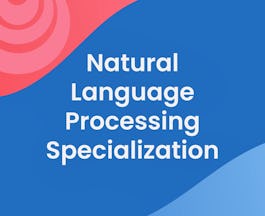
DeepLearning.AI
Skills you'll gain: Machine Learning, Natural Language Processing, Python Programming, Statistical Programming, Artificial Neural Networks, Probability & Statistics, Statistical Machine Learning, Deep Learning, Machine Learning Algorithms, Applied Machine Learning, Computer Programming, Human Learning, Linear Algebra
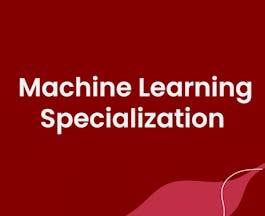
Multiple educators
Skills you'll gain: Machine Learning, Machine Learning Algorithms, Applied Machine Learning, Algorithms, Deep Learning, Machine Learning Software, Artificial Neural Networks, Human Learning, Statistical Machine Learning, Python Programming, Regression, Mathematics, Tensorflow, Critical Thinking, Network Model, Reinforcement Learning
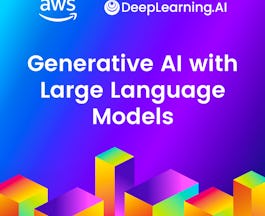
DeepLearning.AI
Skills you'll gain: Machine Learning, Natural Language Processing, Python Programming

University of Michigan
Skills you'll gain: Computer Programming, Python Programming, Computer Programming Tools, Programming Principles, Data Structures, Computational Thinking, Computational Logic, Software Engineering, Algorithms, Critical Thinking, Problem Solving, Data Architecture, Data Management, Databases, Theoretical Computer Science, Data Analysis Software, Database Administration, Data Model, Data Visualization, Database Design, Database Theory, Web Development, Web Development Tools, Computer Networking, SQL, HTML and CSS
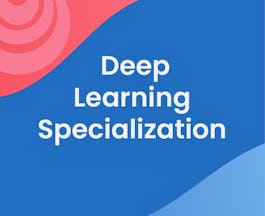
DeepLearning.AI
Skills you'll gain: Machine Learning, Deep Learning, Artificial Neural Networks, Machine Learning Algorithms, Applied Machine Learning, Python Programming, Machine Learning Software, Network Model, Algorithms, Computer Programming, Computer Vision, Network Architecture, Natural Language Processing, Tensorflow, Human Learning, Data Analysis, Data Model, Exploratory Data Analysis, Organizational Development, Process Analysis, Strategy, Mathematics, Mathematical Theory & Analysis, Linear Algebra, Regression, Calculus
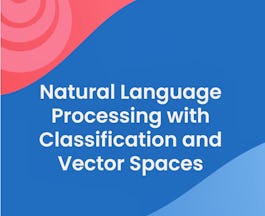
Skills you'll gain: Machine Learning, Natural Language Processing, Probability & Statistics, Python Programming, Machine Learning Algorithms, Applied Machine Learning, Computer Programming, Human Learning, Linear Algebra, Statistical Machine Learning

Coursera Project Network
Skills you'll gain: Machine Learning, Natural Language Processing, Python Programming
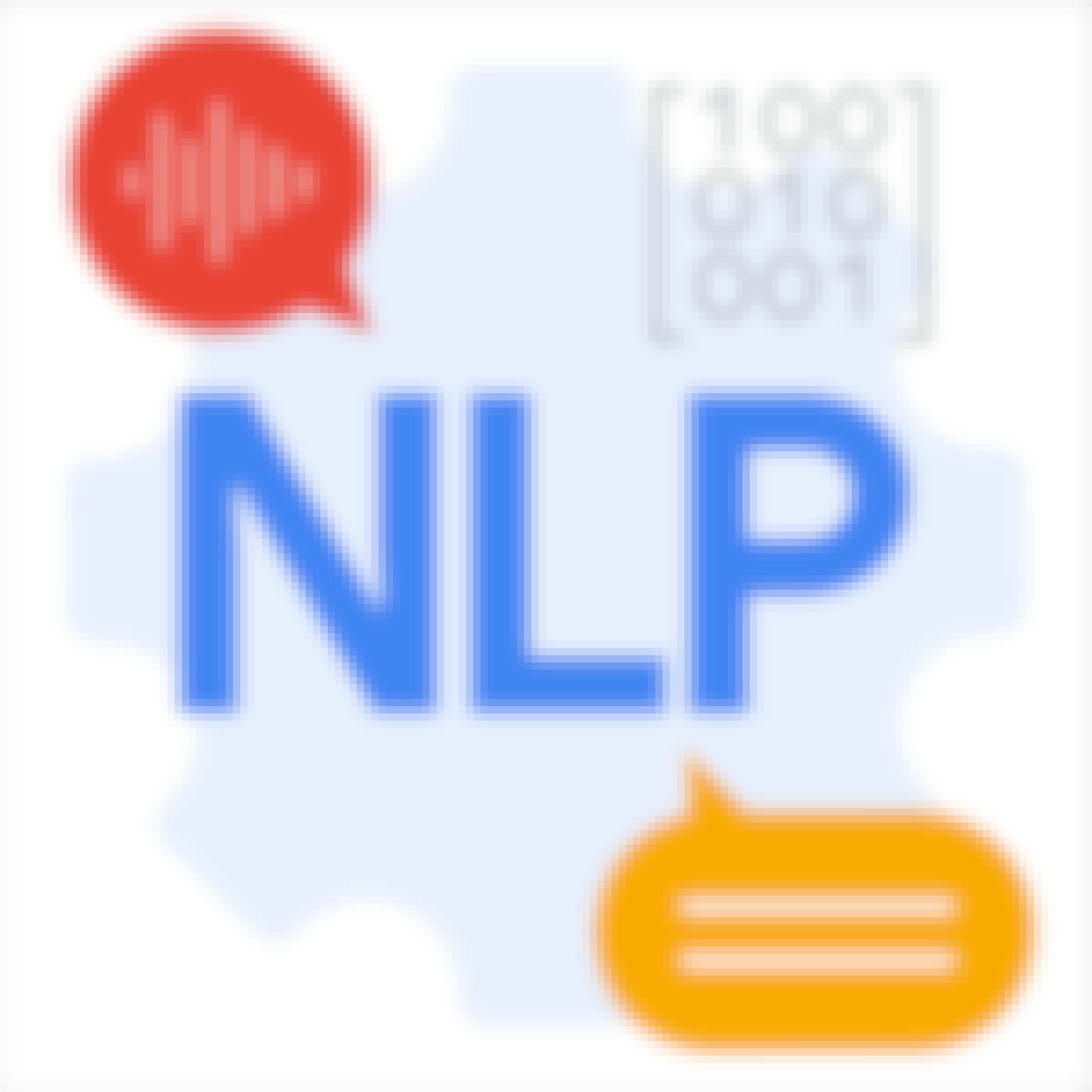
Google Cloud
Skills you'll gain: Machine Learning, Natural Language Processing, Tensorflow
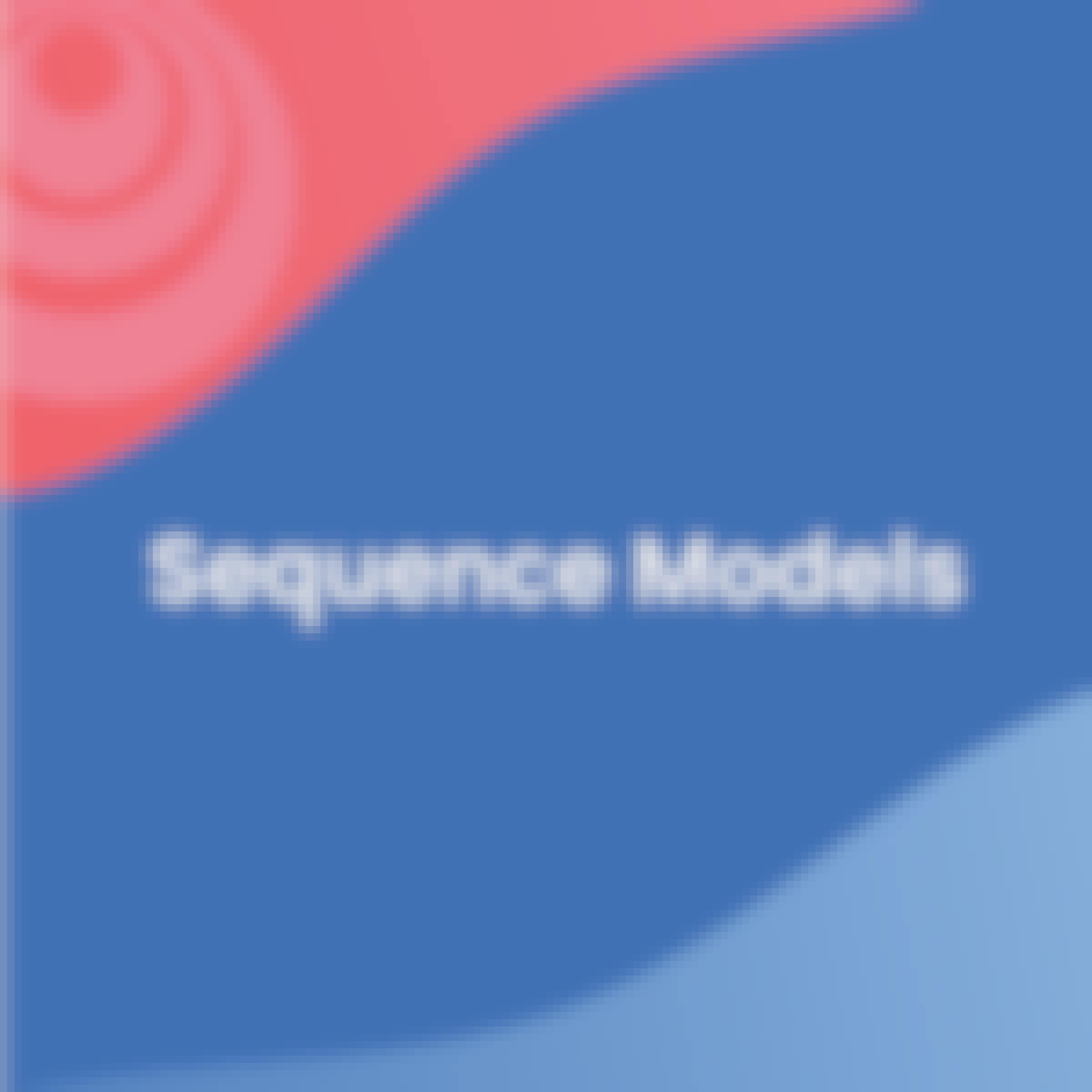
DeepLearning.AI
Skills you'll gain: Artificial Neural Networks, Deep Learning, Machine Learning, Natural Language Processing, Machine Learning Algorithms, Applied Machine Learning, Python Programming, Algorithms, Computer Programming, Linear Algebra

DeepLearning.AI
Skills you'll gain: Machine Learning, Tensorflow, Deep Learning, Machine Learning Algorithms, Artificial Neural Networks, Applied Machine Learning, Human Learning, Computer Programming, Python Programming, Machine Learning Software, Natural Language Processing, Computer Vision, Forecasting, Algorithms, Network Model, Statistical Machine Learning, Statistical Analysis
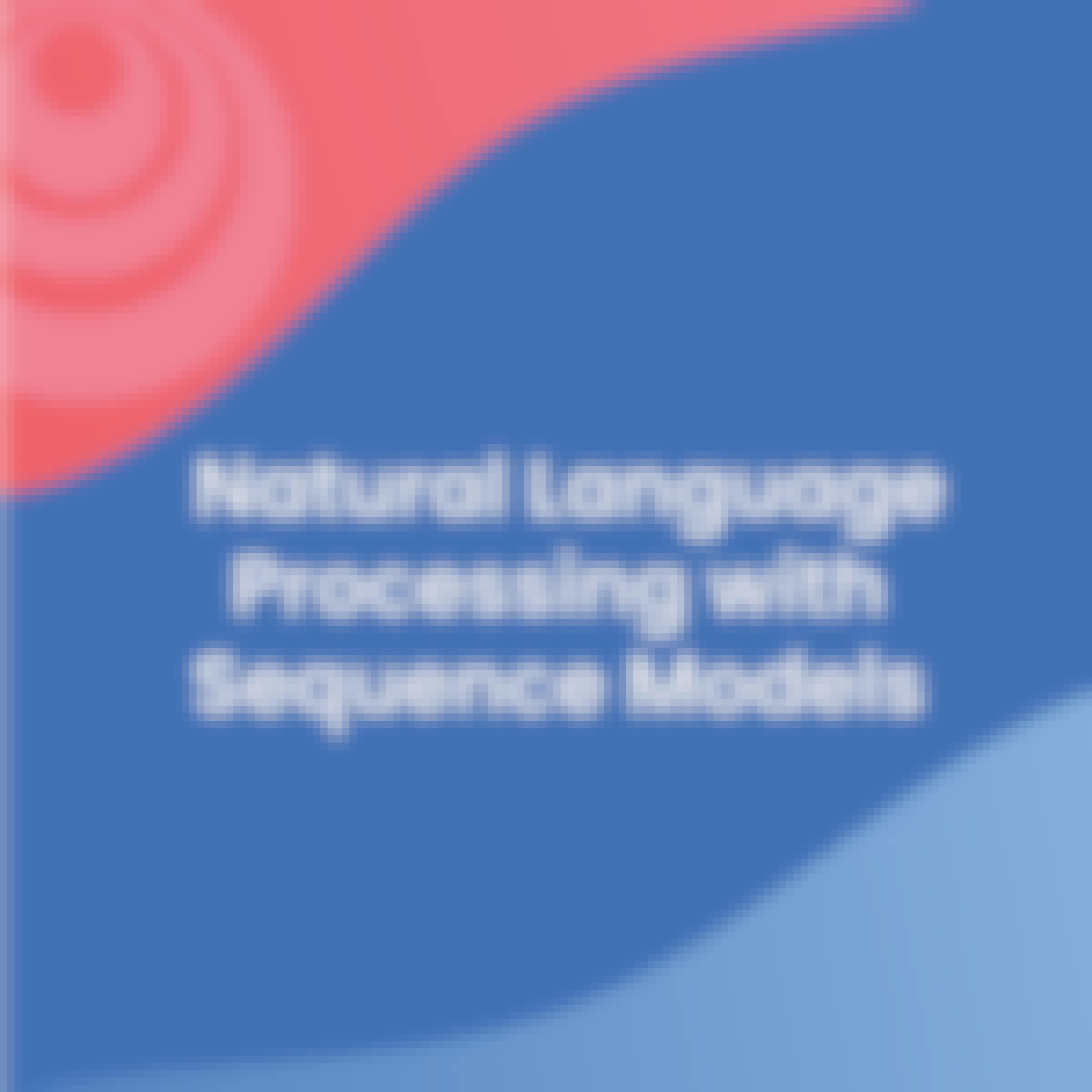
DeepLearning.AI
Skills you'll gain: Artificial Neural Networks, Deep Learning, Machine Learning, Natural Language Processing, Statistical Programming, Python Programming
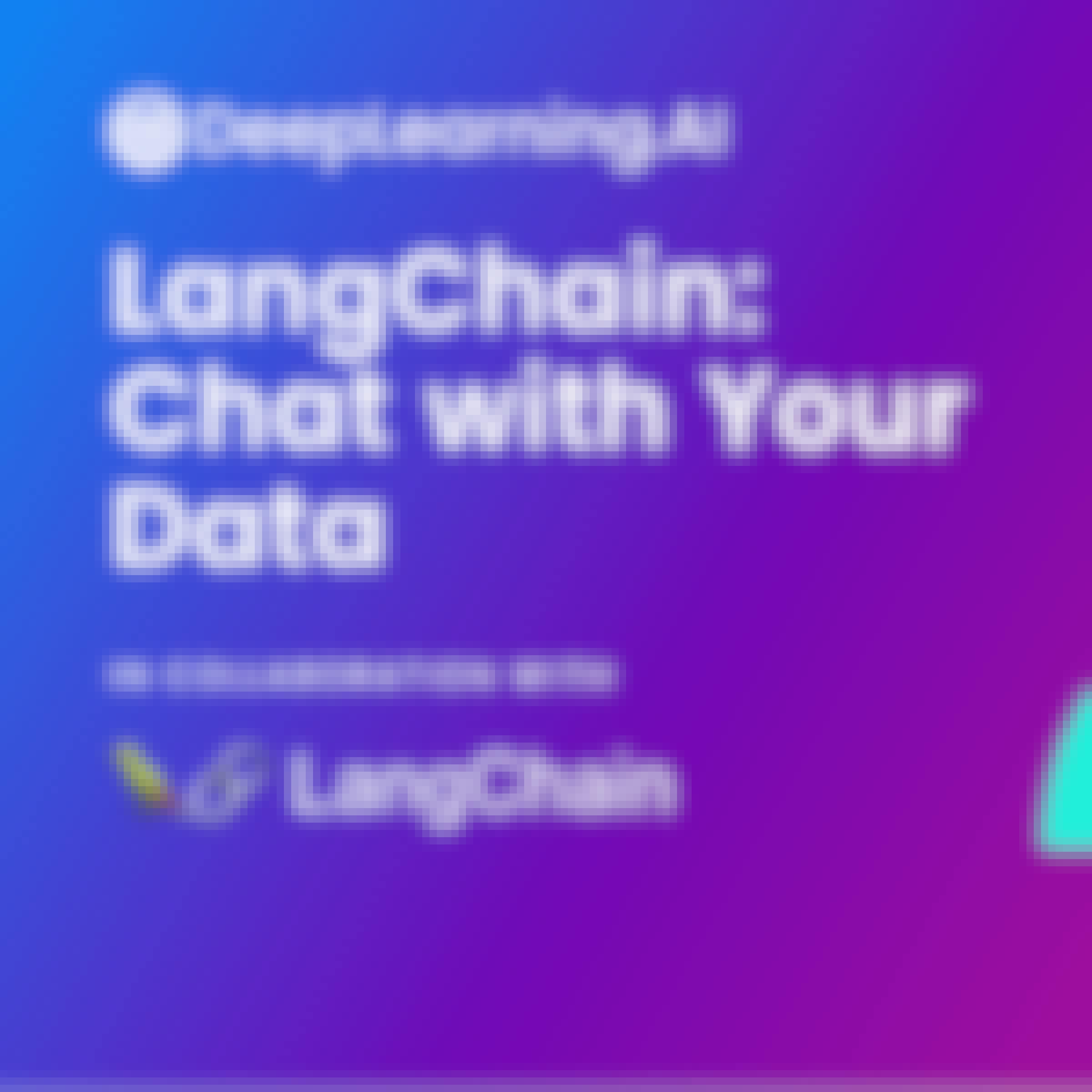 Status: Free
Status: FreeDeepLearning.AI
Skills you'll gain: Natural Language Processing
Searches related to nlp
In summary, here are 10 of our most popular nlp courses
- Natural Language Processing: DeepLearning.AI
- Machine Learning: DeepLearning.AI
- Generative AI with Large Language Models: DeepLearning.AI
- Python for Everybody: University of Michigan
- Deep Learning: DeepLearning.AI
- Natural Language Processing with Classification and Vector Spaces: DeepLearning.AI
- NLP: Twitter Sentiment Analysis: Coursera Project Network
- Natural Language Processing on Google Cloud: Google Cloud
- Sequence Models: DeepLearning.AI
- DeepLearning.AI TensorFlow Developer: DeepLearning.AI










